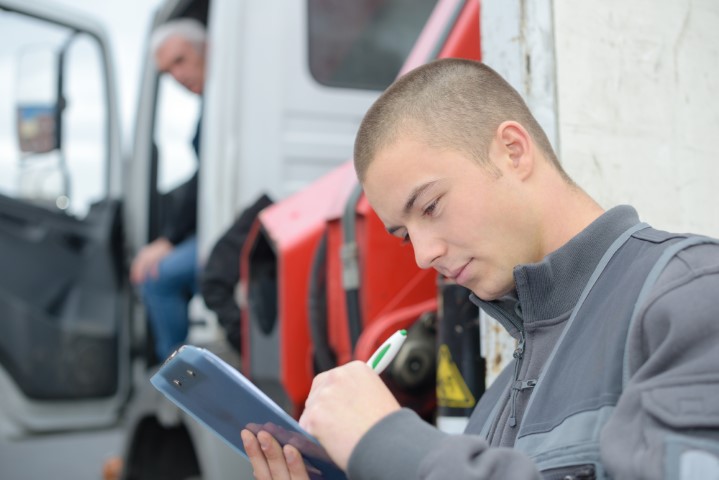
Keeping your Fleet Vehicles Safe On The Road is a significant concern for many businesses, and for a good reason. Most transport companies struggle with handling many trucks at the same time. The logistical complexities involved in fleet management are tremendous. Nevertheless, businesses must ensure the safety of their drivers and vehicles.
Managing fleets is a difficult task. There are many things that a logistics company should consider. Things like preventative maintenance, compliance, driver training, and route optimization are part of fleet management. As a result, you must ensure that the necessary technology and processes are in place to guarantee that things go as planned. That said, here are some tips to ensure that your fleet stays safe on the road.
- Invest In Fleet Tracking Technology
Trucks or vehicles must have fleet-tracking devices because they are always moving. Therefore, acquiring global positioning system (GPS) technology makes sense. You can always know the whereabouts of your vehicles thanks to this solution.
Furthermore, using a fleet management system allows you to collect more information regarding vehicle efficiency. With this data, you can optimize fuel costs.
- Establish Safety Policy
Ideally, every company should have a policy that guides its team in ensuring safety. This guide explains the regulations and the potential consequences of breaking them. Your policy must also detail how your team handles unplanned situations like accidents.
For example, ask yourself, are Amazon drivers liable for accidents? Then conduct the necessary research to create a detailed guideline for your drivers. The only thing left is ensuring that every driver knows the rules and the consequences of breaking them. It would help if you went through these guidelines with your drivers so that they are entirely aware and there are no surprises.
- Set Up Safety Committee
It would be beneficial to establish a safety committee that ensures the safety of your vehicles. A committee like this may be optional if your company is small. However, if you have a large firm, you may need a staff that ensures the safety of your fleet. If you own a large logistics firm, establish this committee if you believe it is necessary.
- Choose Reliable Vehicles
If you’re leasing vehicles, choose a reputable vehicle leasing company. If you’re not careful, the leasing companies you may choose may have unreliable cars. It may bite into your budget in the end because of constant breakdowns. So, you must ensure that you obtain vehicles that are reliable, with solid security features, and have good mileage. It would be best to look for vehicles with high safety ratings.
- Invest In Driver Training
Drivers will be the ones operating your vehicles the most. As a result, you must ensure that they undergo adequate training to operate your vehicles. Chances are that you have a large fleet of vehicles on the road. Even if you have a small fleet, you must have solid training processes to avoid getting into trouble with the authorities. You must have a control system to ensure that all your driver’s licenses are valid and that all your trucks are insured. If you have fleet management software, it will be easy to keep track of this.
- Preventative Maintenance
Since your vehicles have high usage rates, their engines and other parts will degrade quickly. As a result, some components must be repaired or replaced regularly. It is always preferable to engage in preventative maintenance before anything completely fails.
So, you must ensure that vehicle inspections and maintenance schedules are up to date. Vehicle breakdowns will be averted as a result of this. If you neglect a significant maintenance problem, it will persist and worsen. As a result, it’s always advisable to deal with issues as quickly as possible.
- Maintain Compliance
Each state or region has its own set of regulations that logistics companies must follow. It’s usually the case that vehicles need to be inspected to ensure that they’re healthy. So, you must ensure you maintain compliance records for all your vehicles. Your fleet management system could help with this.
To satisfy compliance standards, you must ensure that your lights, windshields, and reflectors are in excellent working order. Compliance standards aren’t put in place to restrict business flexibility. But they’re there to ensure that your vehicles are road legal and won’t cause accidents on the road.
Conclusion
Vehicle safety is a serious concern. There is no such thing as taking too many precautions. You must equip your fleet with cutting-edge technology like GPS trackers and fleet management systems. You will be able to monitor and optimize the efficiency of your fleet if your GPS systems are linked with your fleet management systems. Even though such technologies may necessitate a financial outlay, the investment will be worthwhile in the long term.










